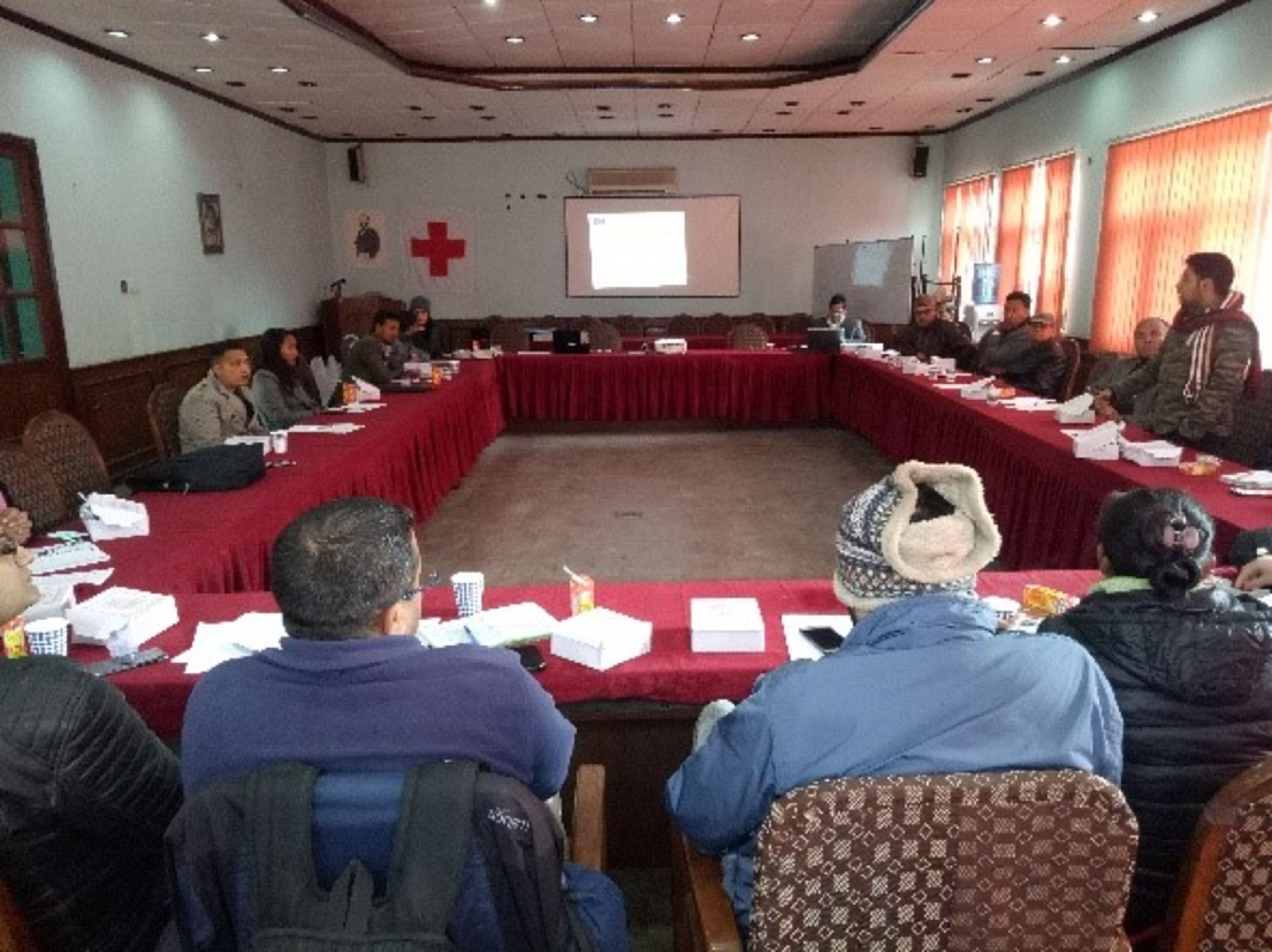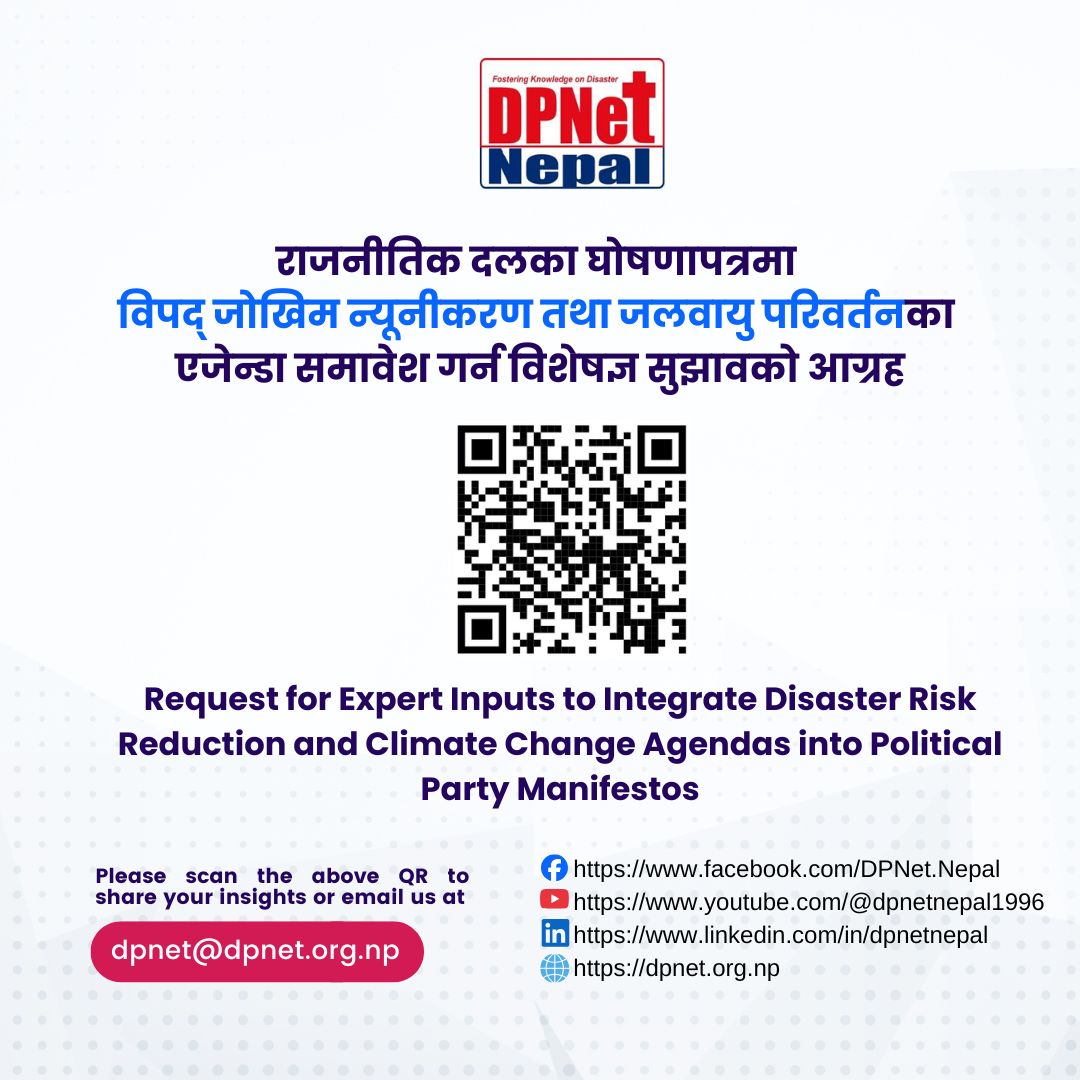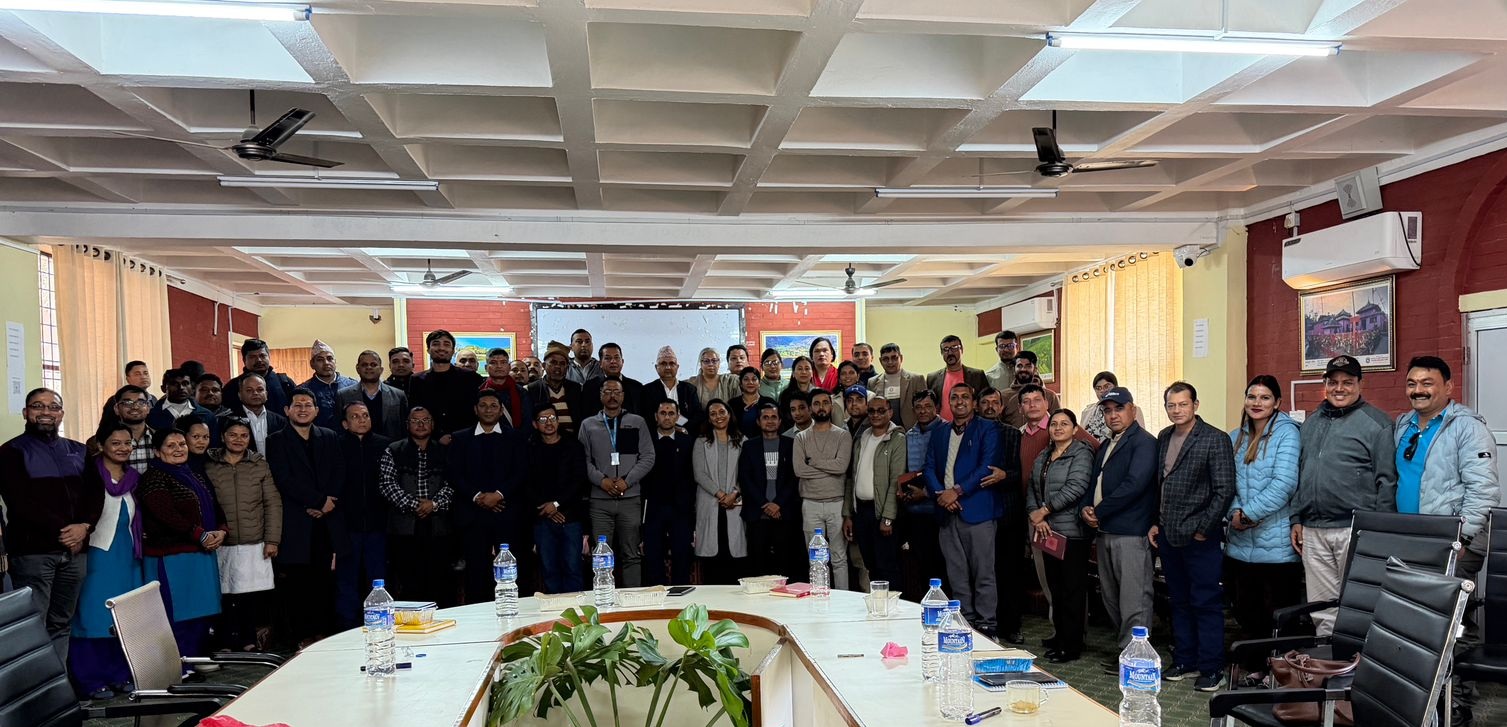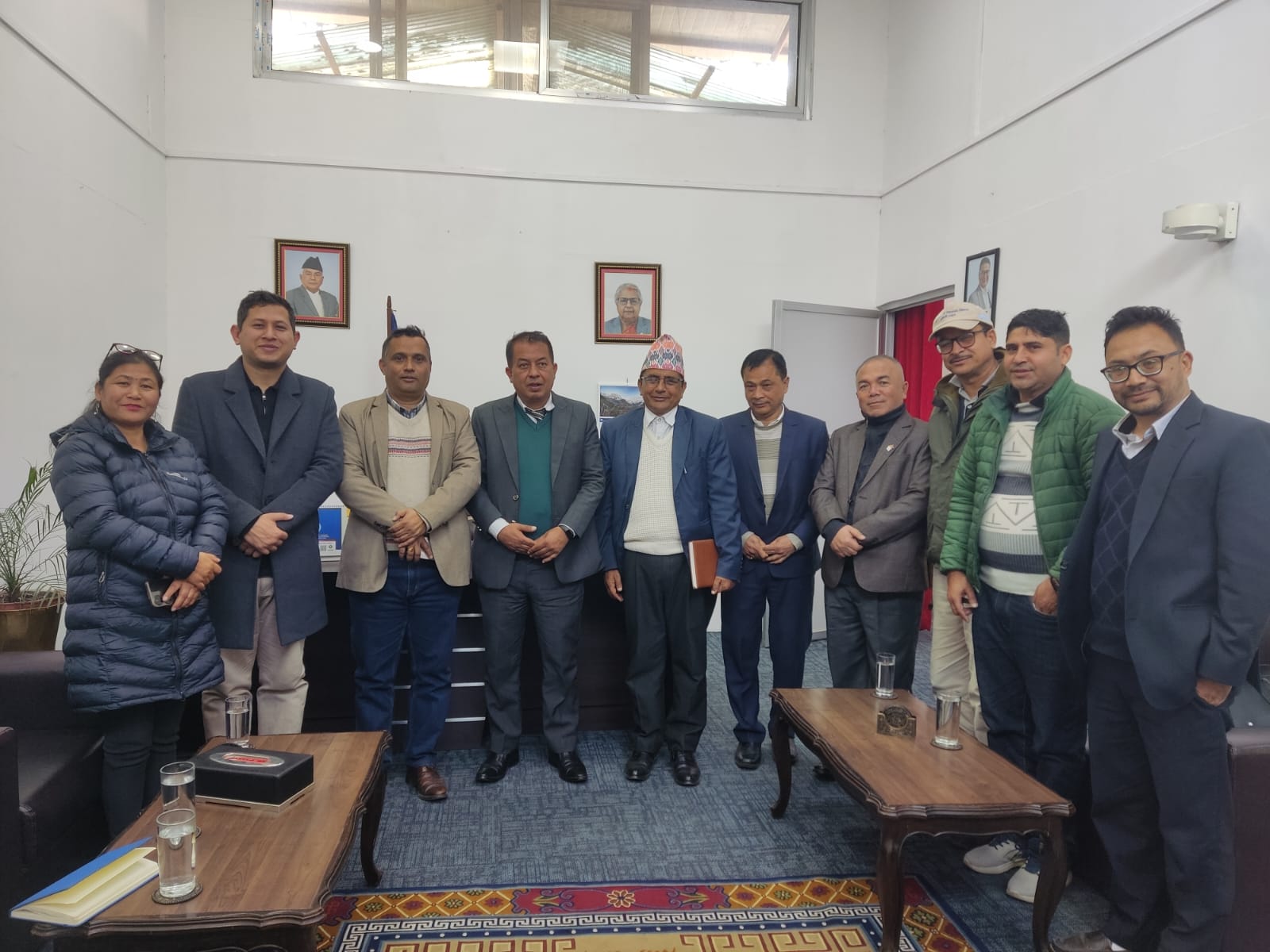Monthly Dialogue-Learning Sharing Session Highlights Legal Provisions for Persons with Disabilities in DRR&M

Monthly Dialogue-Learning Sharing Session Highlights Legal Provisions for Persons with Disabilities in DRR&M
Kathmandu, Nepal - On December 26th, 2018, a half-day program titled "Learning Sharing: Major Legal Provisions of Disaster Risk Reduction and Management (DRR&M) for Persons with Disabilities (PWDs) in Nepal" was organized. The objective of the event was to raise awareness among member organizations of DPNet-Nepal regarding the significant legal instruments related to DRR&M, specifically focusing on PWDs. The program brought together 29 participants, including 6 females, 22 representing business, communication, and technology (BCT) sectors, and 7 from the Janajati community. These participants were focal persons from various I/NGOs engaged in addressing disability-related issues.
The program commenced with participant introductions, followed by the sharing of objectives and welcome remarks by the Chairperson of DPNet-Nepal. The chairperson emphasized the importance of familiarizing member organizations with the legal provisions of DRR&M concerning PWDs. Mr. Bishnu Prasad Timalsina, General Secretary of the Disability Management Network (DiMaNN), then provided an overview of the major provisions outlined in the constitution, the DRR&M Act of 2017, the National Disaster Risk Reduction (NDRR) Policy of 2018, and the NDRR Strategic Action Plan (NDRRSAP) for 2018-2030, with a specific focus on the rights and considerations of PWDs. Raju Thapa, General Secretary of DPNet-Nepal, emphasized the importance of implementing inclusive disaster management policies at the local level.
During the program, participants expressed their concerns about the contextualization of disability within the framework of the legal provisions and their significance. They also highlighted the importance of disseminating these provisions to local governments. Furthermore, participants noted that local governments themselves often lack the necessary knowledge to issue identification cards to PWDs, which can create obstacles and challenges for both PWDs and their family members when accessing social security allowances.
Overall, the program proved to be fruitful in raising awareness among member organizations about the major legal provisions related to DRR&M for persons with disabilities. The event fostered a better understanding of the rights and support mechanisms available to PWDs within the disaster management framework.











